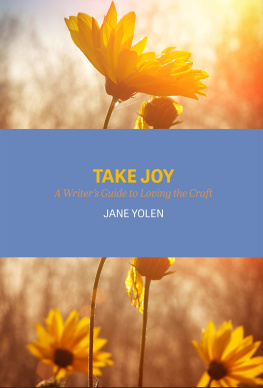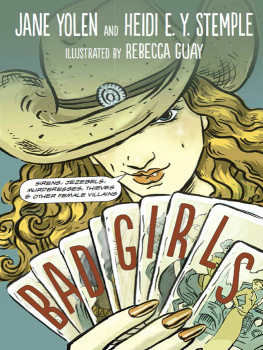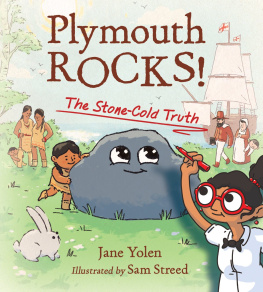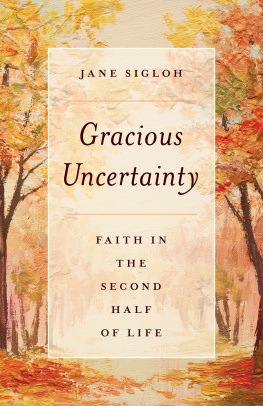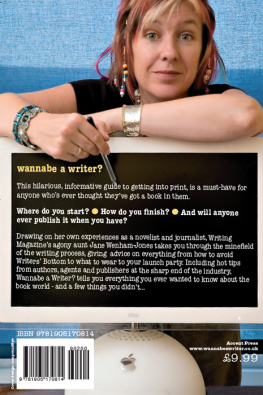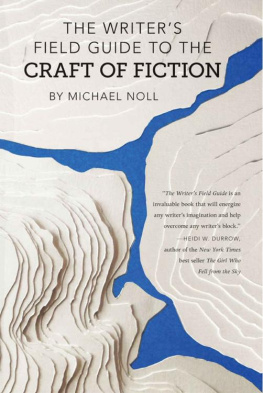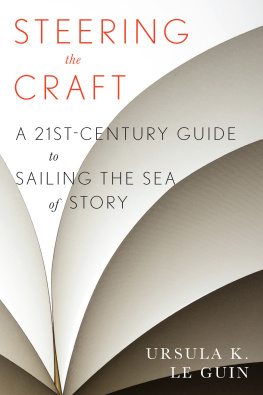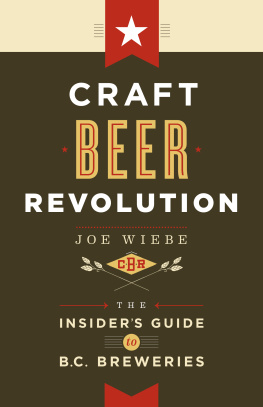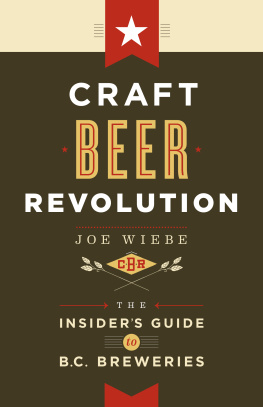Copyright 2006, 2018 by Jane Yolen.
Previously published by Writers Digest Books, 4700 East Galbraith Road, Cincinnati, Ohio 45246.
Several of these essay have appeared in whole or in part in The Writer, Realms of Fantasy, Highlights Chatauquah Report, Book-Links , and online at www.janeyolen.com. A Wish From the Winter Queen is adapted from The Winter Queen Speaks, first published online in Greenman Review . This book was first published as Take Joy: A Book for Writers by Kalmbach Publishing Co.
Table of Contents
Chapter 1
A word is dead When it is said, Some say.
I say it just Begins to live That day.
EMILY DICKINSON
Take Joy
There are writers who believe that writing is agony, and thats the best anyone can say of it. Gene Fowlers famous words are quoted all the time: Writing is easy: All you do is sit staring at a blank sheet of paper until the drops of blood form on your forehead. Or Red Smiths infamous screed: Theres nothing to writing. All you do is sit down at a typewriter and open a vein.
But by God, thats a messy way of working. And blood is extremely hard to get off of white paper.
Now, I am one of those people who makes a distinction between being a writer and being an author. A writer puts words on a page. An author lives in the story. A writer is conversant with the keyboard, the author with character.
Roland Barthes has said: The author performs a function; the writer an activity.
We are talking here about the difference between desire and obsession, between hobby and life. But in either case, I suggest you learn to write not with blood and fear, but with joy.
Why joy?
Its a personal choice.
First of all, I am not a masochist willing to submit myself day after day to something that brings me pain. And I do mean day after day, because I write with a regularity that an octogenarian would envy. Like an athlete or a dancer, I am uncomfortableand even damagedby a day away from my work.
Second, one need not have an unhappy life to write tragedy Or conversely, one need not be deliriously happy all the time to write comedy. (In fact, many stand-up comics admit to being miserable much of the time.) Shakespeare was neither a king nor a fool, not a Moor nor a Jew. He never saw a real fairy, and he was never at sea in a tempest. His life was somewhere between happy and sad, as are most authors lives. Yet he could write tragedy, comedy, and everything between.
Authors are like actors; we get under the skins of our characters, inhabiting their lives for a while. We just dont have to live on and on with them forever. That way lies true psychosis.
I have written about dragons, mermaids, angels, and kings. Never met any up close. I have even written a murder mystery, but I did not have to murder someone in order to write it. Stilldont mess with me. After doing my research, I do know how!
Third, writing for a living is much easier than spending time in a therapists chair. Cheaper, too. Authors get to parade their neuroses in public disguised as story. If we are lucky, we get paid for doing it. And we get applause as well. As Kurt Vonnegut said: Writers get to treat their mental illnesses every day.
Writing fictionand poetryis a bit like dreaming. You can find out what is troubling you on a deeper level. That ones writing goes out and touches someone else on that same levelthough differentlyis one of the pieces of magic that attends to art.
But I speak of choosing joy as if it were truly a matter of choice. For some people it is not. For some, agony oils the writing machine.
So if you find that writing with pain is part of your process, I will not try to talk you out of it. After all, who am I to argue when Susan Sontag proclaims: You have to sink down to a level of hopelessness and desperation to find the book that you can write. Or when Fran Lebowitz complains: I just write when fear overtakes me. Or when Georges Simenon confesses: Writing is not a profession but a vocation of unhappiness. I may consider them whiners and whingers more than writers, but it is simply their way. Just dont ask me to stand by and give them a literary Heimlich maneuver when they get a bit of plot stuck in their throats.
I contend it is not the writing that makes writers miserable. It is the emphasis on publication.
Heres another way to think of it: The etymology of the word publish simply means to make public. The old publishers were folks who, like the old Quaker Publishers of Truth, stood on street corners and shouted maxims into the air. Or like folk who remark loudly in parables, as the poor deranged Scot does who stands at the Mercat Cross on Market Street in St. Andrews every Sunday (and some weekdays as well)rain or shinebabbling about his personal experiences with John Knoxs joyless God. So, in a historical sense, you could read your book aloud to an audience, whether said audience was willing or unwilling to hear your work, and consider yourself published.
Or you could put something on a Web page on the Internet and invite a flame war. Or hire a printer and self-produce one thousand copies of a piece.
To do any of these meansin the literal, if not the literate sensethat one is published, though I cannot think of a university department or a National Book Award committee that would deem it so.
Of course, over the years, the word publish has changed in meaning. It has come to mean (we dare to hope) a book printed on fine paper, with a beautifully designed cover, an ad budget of $200,000, an eleven-city book tour, an interview on the Today show, a nomination for the Pulitzer or the Hans Christian Andersen or the National Book Award, and returns of under 50 percent.
Of course, that is publishing in the best of all possible worlds. I may never get any of that. You may never get any of that. All we can count on is the joy in the process of writing.
Uncovery, discovery, recovery are all part of that process.
So take the joy behind publishings shadow. The joy in the process.
As Aidan Chambers says in a brilliant little book of essays called Booktalk: Occasional Writing on Literature and Children , [R]eading is an act of contemplation. Writing is simply a part of that ritual activity. I write that I may read, and so contemplate what I have written.
Also, be prepared as you write to be surprised by your own writing, surprised by what you find out about yourself and about your world. Be ready for the happy accident. Open yourself to the numinous, to the shapes and shades of language, to that first powerful thrust of story, to the character that develops away from you (sort of like a wayward adolescent), to the surprise of the exact and perfect ending.
You areafter allthe very first reader of what you write. Please that reader. You may not have any other.
I vividly remember staying overnight at childrens book writer Bruce Covilles apartment in New York City and hearing him working in the next room. First there was the tap-tap-tap of the keyboard and then a sudden explosion of laughter. It was an utterly spontaneous, joyful sound. Bruce was reading what he was writing. And loving it.
Just as vividly I remember sitting in my own writing room, up in the attic of my house, a room I alternately call the Aerie (because its up as high as an eagles nest) and MacDowell (because it is as far from the buzz of the household as a true writers colony). I was working on a novel about the wolf girls of Midnapore, Indiatwo children discovered in a wolfs den in the 1920s. The section I was working on was a description of a slow passage through the great forest:


